New project: Grasping biomechanics in primates
Same lab, new project! I’m excited to announce that I started my next postdoc project on the grasping biomechanics in primates. I look forward to work with Dr. Emmanuelle Pouydebat – an internationally renowned expert on grasping, manipulation and tool use in primates and other animals.
A central question in evolutionary biology concerns the origin and evolution of grasping in primates. Is it derived from requirements associated primarily with feeding or primarily with locomotor behavior? We will investigate the ability to grasp in several primate species that differ in the degree of arboreality. To do so, we will take grasping force measurements and perform morphometric analyses. The functional morphological study will allow us to identify those features that can be related to behavioral performance.
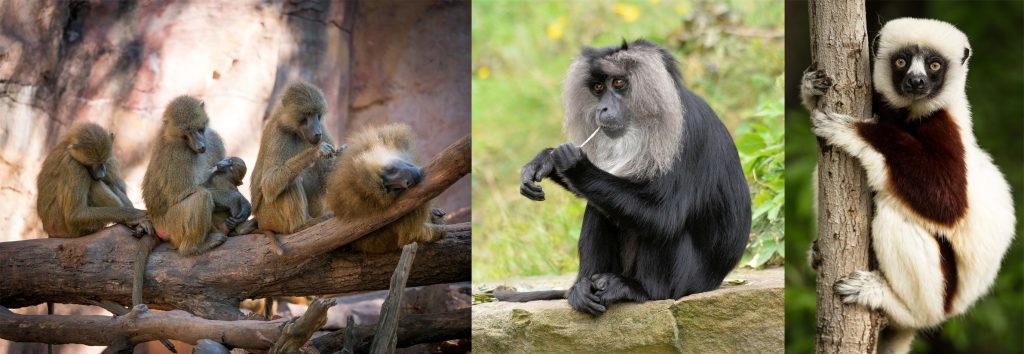
In a previous study (Böhmer et al. 2019 Biol J Linn Soc) we quantitatively analyzed the myology of the forelimb in Carnivora in relation to their grasping ability, arboreality and locomotor specializations. Manual grasping ability plays an important role in the context of arboreal locomotion because a climbing animal has to make secure contact with the discontinuous substrate. Yet, the relationship is not obligatory, as exemplified by the coati (Nasua nasua) which is an agile climber but has poorly developed prehensility. In contrast to primates, arboreal carnivorans have gripping claws that interlock with surface irregularities. Thus, they rely less on prehensile hands/feet that grasp the substrate for arboreal locomotion.
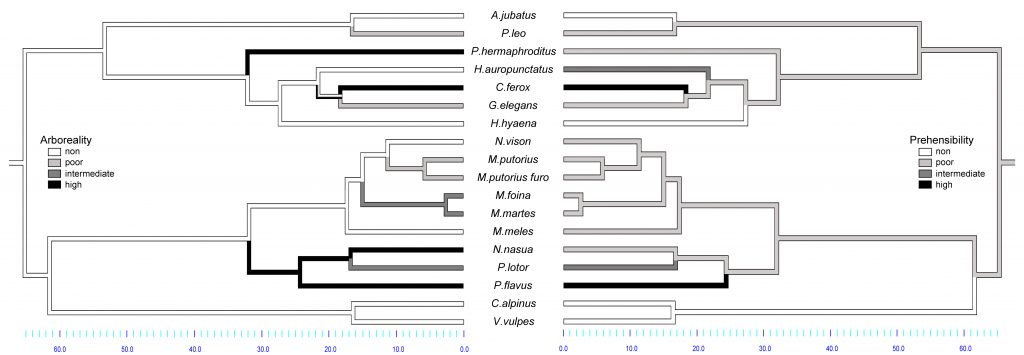
Ancestral character state reconstruction for arboreality and prehensility in Carnivora. From Böhmer et al. (2019) Biol J Linn Soc.
The work is a contribution to my project on the Form-function relationships in the limbs. The major goal of this project is to better understand the differences in the musculoskeletal adapatations of animals with different modes of life.
Böhmer C, Fabre AC, Taverne M*, Herbin M, Peigné S and Herrel A. (2019) Functional relationship between myology and ecology in carnivores: do forelimb muscles reflect adaptations to prehension? Biological Journal of the Linnean Society. DOI: 10.1093/biolinnean/blz036.
Pouydebat E, Gorce P, Coppens Y and Bels V (2009) Biomechanical study of grasping according to the volume of the object: Human versus non-human primates. Journal of Biomechanics 42: 266-272. DOI: 10.1016/j.jbiomech.2008.10.026.

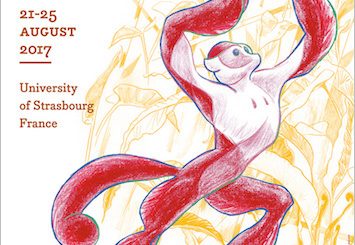
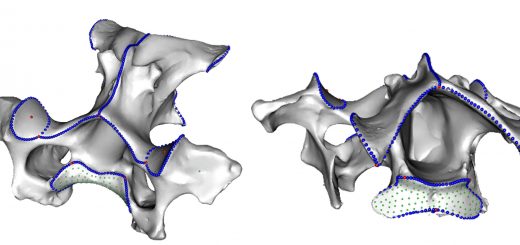
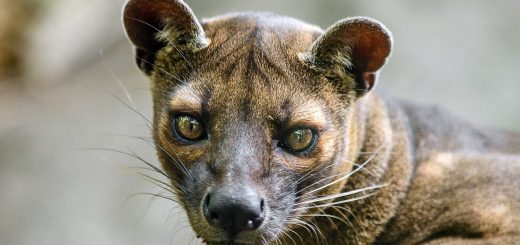
Neueste Kommentare